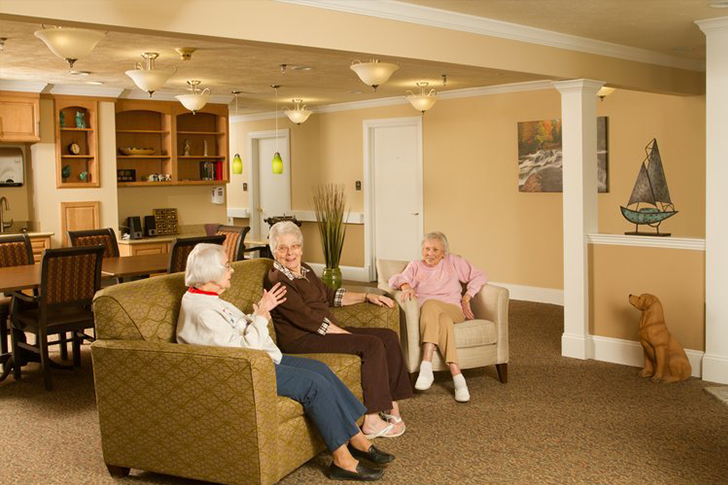Essential Tips for Seniors Cost-Effective Housing
Finding affordable apartments for seniors is a significant concern as it impacts their financial security and quality of life. Many seniors live on fixed incomes, making affordability a crucial aspect of their housing needs. This article explores practical strategies and resources that can help seniors find affordable and comfortable living arrangements.

### Understand the Financial Landscape for Seniors
According to the Social Security Administration, as of 2021, the average monthly benefit for retired workers is approximately $1,543. Housing costs, which can include rent, utilities, and maintenance, should ideally not exceed 30% of a person’s income, as per the U.S. Department of Housing and Urban Development (HUD) guidelines. This means that for many seniors, finding housing options under $500 per month would be necessary to stay within this budget guideline. However, market rates for apartments often exceed this threshold, especially in urban areas, making subsidized housing and assistance programs vital options for seniors.
### Explore Government-Subsidized Housing Options
One of the most reliable sources for affordable senior housing is government-subsidized programs. Here are a few key programs:
1. **Section 202 HUD-Supported Senior Housing**:
The HUD provides funding to support the construction and maintenance of housing facilities for low-income seniors. Residents typically pay 30% of their monthly income for rent, which includes utilities.
2. **Low-Income Housing Tax Credit (LIHTC) Properties**:
These are tax credits given to developers to encourage the construction or renovation of affordable rental housing. These properties offer reduced rents based on area median income levels.
3. **Public Housing**:
Available to low-income families, seniors, and disabled individuals, public housing offers rents significantly lower than market rates. Allocation can be limited and waitlists long but checking availability regularly can yield positive results.
### Take Advantage of Non-Profit and Charitable Programs
Numerous non-profit organizations and charities provide housing assistance for seniors. Organizations like the National Council on Aging (NCOA) and the Salvation Army have programs aimed at senior citizens, helping them to find and finance affordable housing. Additionally, community-specific groups, often found through local community centers, can offer tailored assistance and sometimes even special housing units for seniors.
### Consider Location and Timing
Rental markets vary significantly from one location to another. Typically, rural and suburban areas offer more affordable housing options than urban centers. Considering relocating to a less expensive area can make a substantial difference in the type of housing you can afford on a senior’s budget.
Furthermore, the timing of your search can impact availability and prices. Winter months often see a dip in moving activity, which could translate into better deals and more negotiating power for renters.
### Look Into Co-Housing and Shared Housing Options
Co-housing involves several individuals living in one residence, sharing common areas like kitchens and living rooms, but having private bedrooms. This type of arrangement can significantly reduce living costs and also provide a community feel, which is beneficial for social health. Senior-specific shared housing arrangements are becoming more popular and can be found through certain community organizations and online platforms dedicated to senior living.
### Utilize Online Resources and Tools
The internet is a valuable resource for finding affordable housing. Websites like HUD’s Affordable Apartment Search or Apartments.com allow users to filter searches based on income level and age restrictions. Furthermore, forums and online community boards can offer real-time advice and tips from other seniors who are also navigating the housing market.
### Stay Informed and Patient
The search for affordable senior housing can be daunting and sometimes frustrating. It’s important to stay informed about your rights as a senior and a tenant. Consulting with a legal expert in tenants’ rights or a senior advocate can provide significant advantages. Additionally, staying patient and persistent in your search will increase the likelihood of finding a suitable and affordable home.
By exploring these multiple avenues and staying diligent, seniors can find housing options that won’t strain their finances and allow them to live comfortably and securely.







Recent Comments